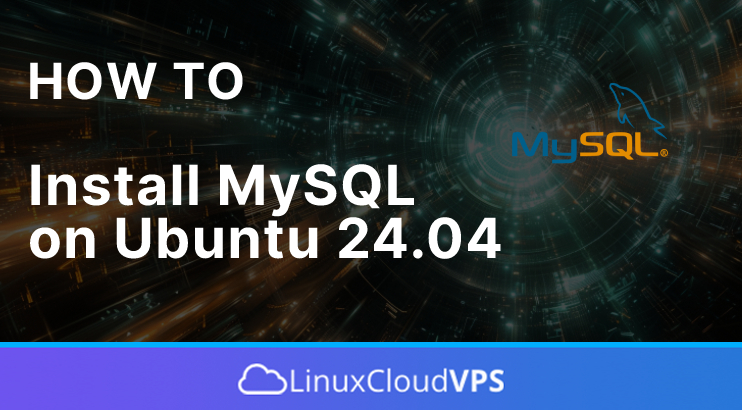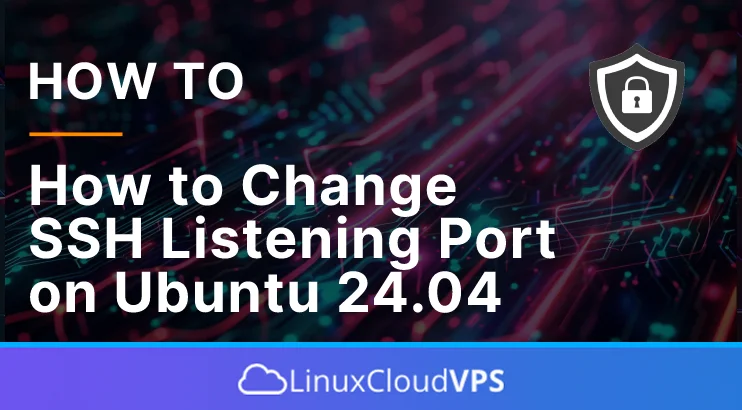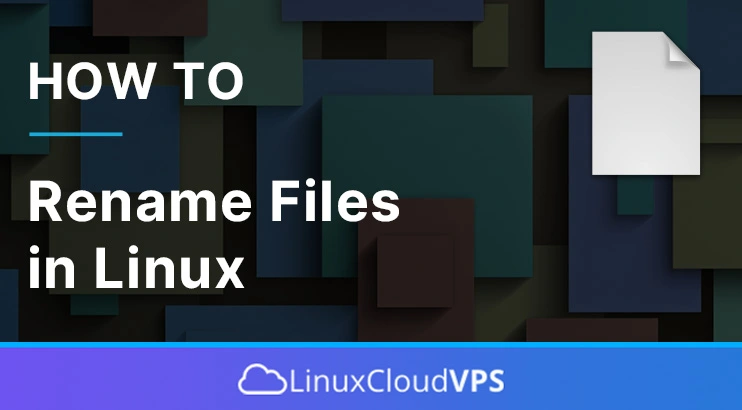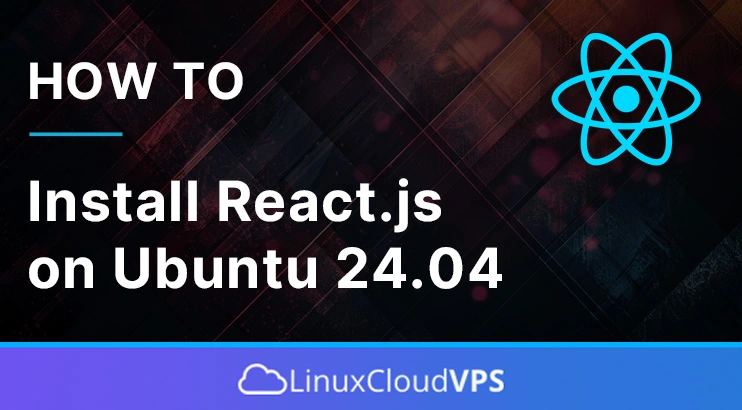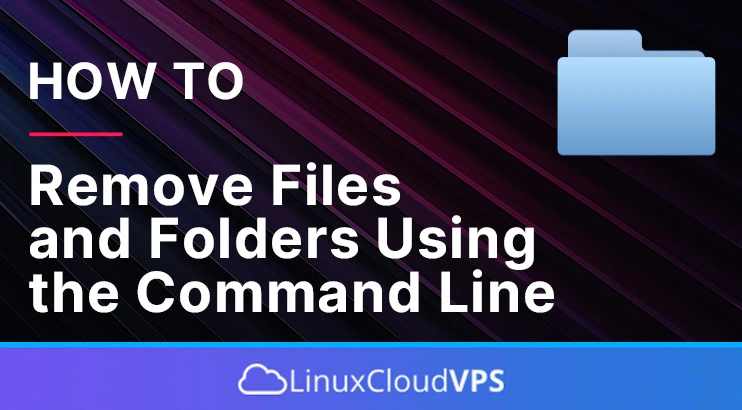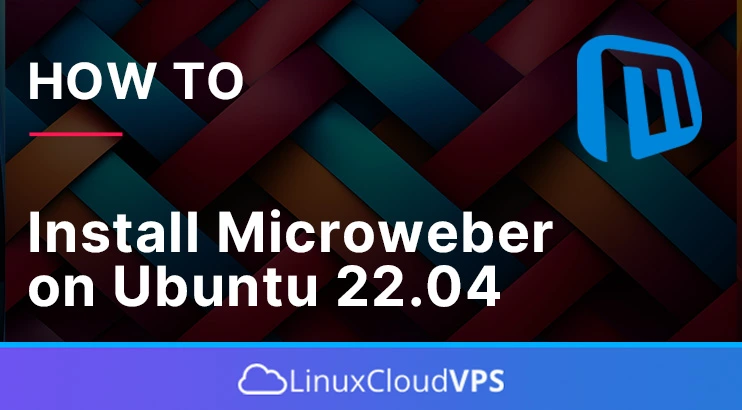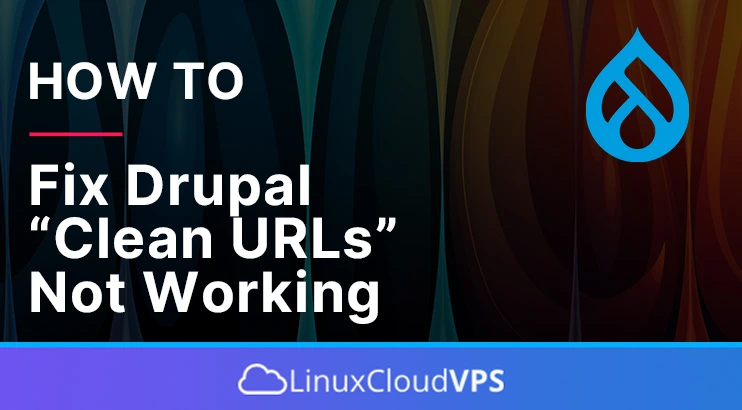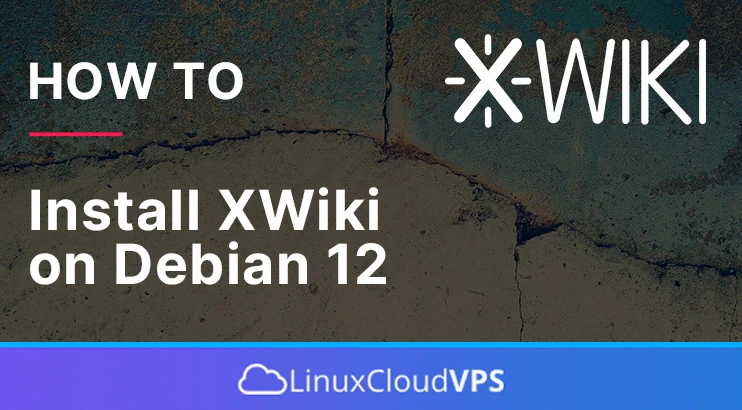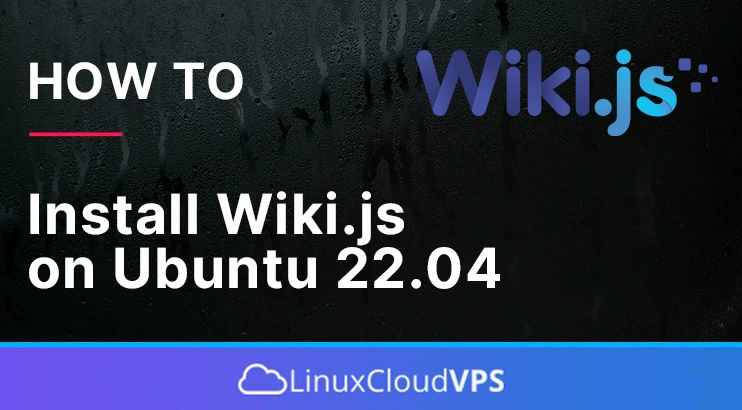MySQL is a Database Management System (DBMS) with basic Structured Query Language (SQL) commands. Web developers often use MySQL when creating applications and websites. It is the most popular open-source database engine. MySQL Database has been developed in close collaboration with users for over 25 years, making it an open-source platform with many features. This means there’s a high chance that MySQL supports your favorite application or programming language. This article will show you how to install MySQL on Debian 12.
Tutorials
How to Change SSH Listening Port on Ubuntu 24.04
Secure Shell or SSH is a network protocol that allows users to access servers remotely. This protocol also encrypts communication between servers to make it even more secure. Unfortunately, using standard Transmission Control Protocol (TCP) port 22 for SSH may be risky as it is vulnerable to various cyber attacks, especially brute-force attacks. Brute-force attacks are methods hackers use to gain access to encrypted confidential data. So, it’s best to change the default SSH port because this is a method to protect your SSH server. This article will teach you how to change SSH listening port on Ubuntu 24.04.
How to rename a file in Linux (using mv, rename, mmv)
This blog post teaches you how to rename a file in Linux using multiple methods and commands.
Renaming files is a widespread process in the workday of a system administrator, developer, or regular Linux user. Renaming helps us keep a copy of the files and temporarily use other names while working on the server. The Linux operating system offers renaming files or directories via GUI, but when we are using or working on a server where hosted websites are located, we need to know the most used commands for renaming.
How to Install React.js on Ubuntu 24.04
This tutorial will show you how to install React.js on Ubuntu 24.04 OS.
React.js is a free and open-source Javascript library for building user interfaces based on components. React.js is written in Javascript, and with this software, we can develop single pages and mobile applications and render only specific parts of the pages that have changed. In this blog post, we will install NodeJS and NPM, which are required for the React.js application.
Installing React.js on Ubuntu 24.04 is straightforward and may take up to 10 minutes. Let’s get started!
How to Fix Plugins not Installing on WordPress
We understand the excitement that comes with discovering new plugins to take your website to the next level. However, we also recognize the occasional frustration when those plugins just refuse to install.
When you can’t install a WordPress plugin, there can be multiple reasons why this is happening. We’re here to help you find out what happened and show you how you can fix it.
How to Remove Files and Folders Using the Linux Command Line
Removing the files and folders is necessary to manage your disk space efficiently. These commands are very useful and are used daily by system administrators, developers, and regular users familiar with them. The command line is a very powerful tool that can speed up many processes and save time compared to using the GUI. In this post we will show you how to remove files and folders on your Linux system using the command line.
How to Install Microweber on Ubuntu 22.04
Microweber is an open-source CMS system which allows users to build websites with a user-friendly drag-and-drop interface, making it accessible even for those without extensive technical knowledge. It offers a no-code platform with pre-defined layouts and multiple templates that you can choose from. Microweber Foundation’s mission is to support organizations through their digital transformation. Let’s see how to install Microweber on Ubuntu 22.04, which is a common and modern Linux distribution.
How to Fix Drupal “Clean URLs” Not Working
Drupal is an open-source content management system written in PHP. It offers an alternative to other CMSes, being full of features and highly customizable. Drupal enables clean URLs by default since version 9 to allow its users to more easily read the URLs. However, this default setting doesn’t work depending on your server’s configuration. In this article, we will show you how to fix Drupal Clean URLs issues.
How to Install XWiki on Debian 12
XWiki is an advanced wiki software platform that is both free and open-source. It is built using Java and can be run on servlet containers such as JBoss, Tomcat, and Jetty. To store its information, XWiki utilizes database engines like MySQL, MariaDB or PostgreSQL. There are multiple ways to install XWiki, but in this tutorial, we will focus on how to install XWiki on Debian 12 using the repository provided by XWiki.
How to Install Wiki.js on Ubuntu 22.04
Wiki.js is an open-source project that runs a wiki engine using Node. It is a fully customizable and modular wiki engine written entirely in JavaScript. Wiki.js offers some useful features and it works perfectly smooth on different operating systems and environments. In this tutorial, we will show you how to install Wiki.js on Ubuntu 22.04.
